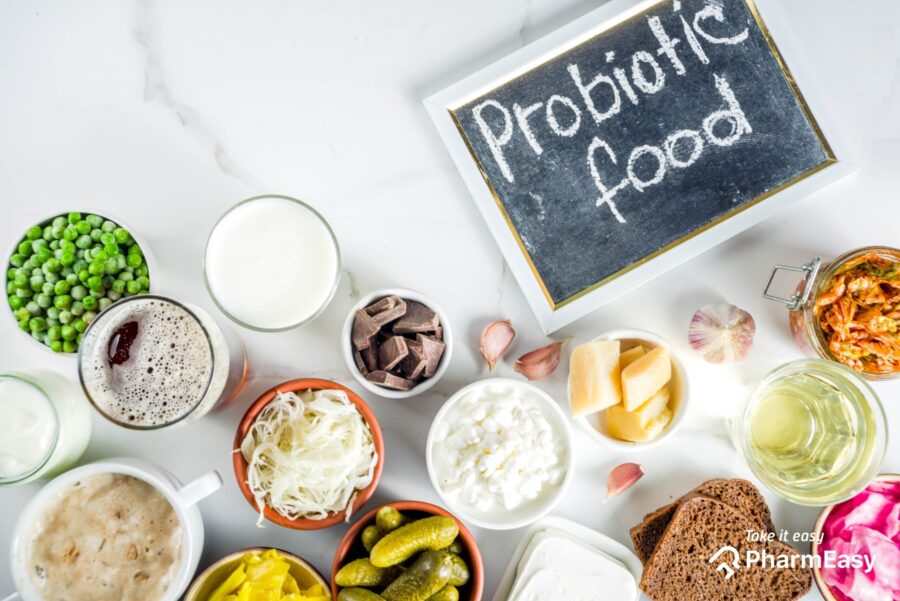
Probiotics are live microorganisms that are consumed in order to maintain or improve gut health. The gut is home to a large number of microorganisms, including bacteria, fungi, and viruses, that play an important role in digestion, immunity, and overall health. Probiotics are thought to work by restoring the balance of microorganisms in the gut, which can be disrupted by a variety of factors, including diet, antibiotics, and stress. The evidence for the use of probiotics in gut health is mixed. Some studies show that probiotics can help to improve gut health, while other studies show no benefit. Probiotics may help to improve gut health by promoting the growth of good bacteria and by reducing the growth of bad bacteria. Probiotics may also help to reduce inflammation in the gut.
Human Microbiome:
The human microbiome is a collection of all the microorganisms that live on and inside the human body. It is important for many aspects of human health, including digestion, immunity, and metabolism. Probiotics are live microorganisms that are believed to have health benefits when consumed. Probiotics are found in many foods, including yogurt, sauerkraut, and kimchi. Probiotics are also available in supplement form. There are many different types of probiotics, and they have different mechanisms of action. Probiotics may act by stimulating the immune system, producing enzymes that break down food, or producing short-chain fatty acids that can be used by the body for energy. Probiotics are generally considered safe, although there is some concern that they may cause infections in people with weakened immune systems.
Probiotic Mechanisms of Action:
Probiotics can influence the body in several ways. The first way is by producing metabolites that have beneficial effects on the body. These metabolites can be in the form of vitamins, such as biotin and vitamin K, or enzymes that have beneficial effects on the body. Probiotics can also produce compounds that improve the immune system, such as cytokines and antibodies. The second way is by interacting with the immune system. Probiotics can interact with the immune system to modulate the production of cytokines and antibodies. The third way is by interacting with the gut microbiota. Seed Probiotics can interact with the gut microbiota to modulate the growth and function of the gut microbiota. The fourth way is by interacting with the host cells. Probiotics can interact with the host cells to modulate the function of the host cells.
Probiotic Safety:
According to the National Centre for Complementary and Alternative Medicine, it’s important to consult your health care provider before taking probiotics. Probiotics may cause gut symptoms such as gas and bloating, which usually go away after a few days. Some people who are allergic to cow’s milk may be allergic to probiotics made from cow’s milk. Potential side effects of taking probiotics include nausea, vomiting, diarrhoea, and headaches. If you have a severe or life-threatening condition, such as cancer, do not take probiotics. Probiotics are not recommended for children under the age of two. Probiotics and Antibiotic Interactions according to the National Centre for Complementary and Alternative Medicine, it’s best to take probiotics at least two hours after taking antibiotics. It is also important to drink at least eight glasses of water a day because probiotics can increase the risk of dehydration.
Conclusion:
Overall, the evidence for probiotics as gut health supplements is promising, but more research is needed to confirm their efficacy. Probiotics appear to be safe for most people, but some people may experience side effects such as gas and bloat. Probiotics may also interact with medications, so it is important to speak to a healthcare provider before taking them.








